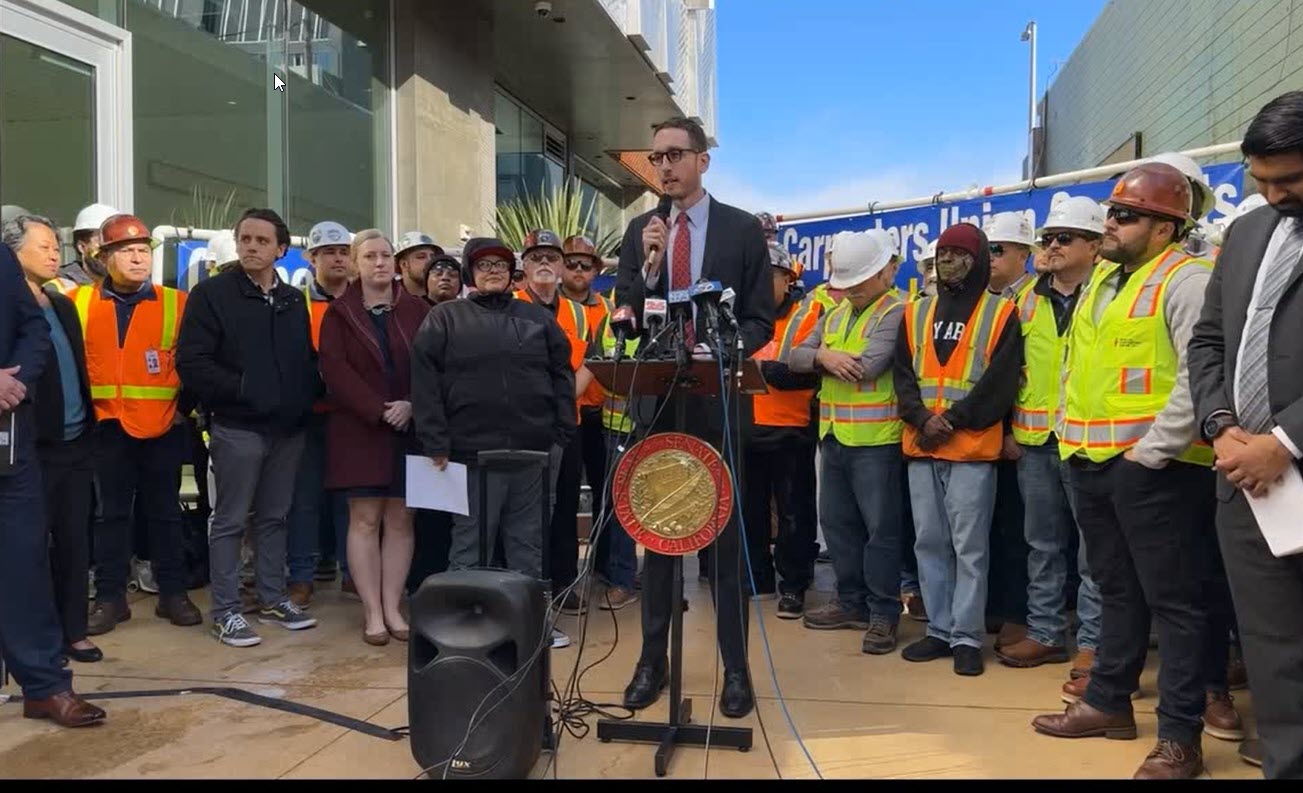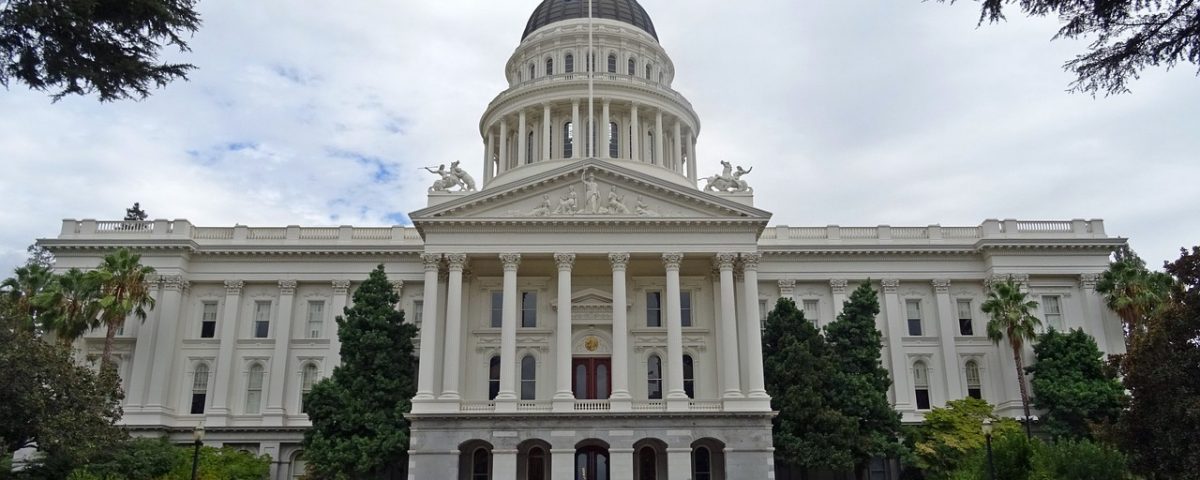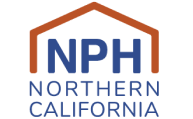State Budget Emphasizes Need for Legislative and Electoral Solutions Ahead

Affordable Housing Finance: California Approves Hefty Package of Housing Bills
October 24, 2023
The Real Deal: Developers write checks for SF’s affordable housing bond campaign
March 1, 2024
Budget shortfall signals need for reinvigorated approach toward long-term affordable housing solutions
Last week, Governor Newsom released his 2024-25 state budget proposal which includes an estimated $37.9 billion shortfall, nearly twice the shortfall we faced at this time last year. The Governor attributes the budget shortfall to two main factors: the substantial decline in the stock market that drove down revenues in 2022 and the unprecedented federal delays in critical income tax collections. Corrections that would have typically come as part of last year’s May Revision are instead being made now in this budget proposal.
Due in no small part to the multi-billion-dollar budget shortfall, the budget includes various spending reductions and deferrals across many programs and issue areas. NPH remains committed to partnering with the Governor and Legislature to identify solutions that balance the fiscal reality facing California’s budget while also meeting the most critical housing affordability and homelessness needs across the state. Advocates have long recognized that the cycle-by-cycle budget negotiations have been a challenging way to address one of our state’s most pressing needs. In particular, the past two year’s budget cycles have reinforced the need for longer-term solutions outside of the state budget process, ones capable of embracing the structural shifts needed to bring housing solutions, at scale, to all California neighborhoods and communities.
This year’s legislative session and the 2024 election will be a pivotal time to advance our affordable housing priorities outside of the budget process and keep the forward momentum in ensuring that all Californians have a safe and stable place to live. NPH has been strategizing with our members for several years in order to lead in 2024 campaigns designed to broaden and deepen public support for affordable housing solutions; pass structural reforms so communities can meet their housing needs; and win region-wide funding for affordable housing at scale.
Understanding What’s in the Current Budget Proposal
Key budget implications for affordable housing, homelessness solutions, and homeownership programs from the Governor’s preliminary budget proposal are highlighted below:
Housing
Presented with hard decisions, the Governor’s Administration has been shifting its focus away from funding housing production to instead focus more on the homelessness crisis and strengthening local accountability measures to keep cities and counties on pace with housing production goals. We see this borne out in the new budget proposal; out of the overall $8.5 billion in spending cuts, $1.2 billion of them will affect housing programs.
NPH will be working with our members, partners, and decision-makers to identify solutions that can balance the budget while ensuring we are serving our greatest needs. Programs that currently have proposed funding reductions and/or retractions of previously allocated funds include the following:
- Regional Early Action Planning Grants 2.0 (REAP 2.0): A $300 million reversion of previously allocated General Fund
- Multifamily Housing Program: A $250 million reversion, leaving $75 million in 2023-24 for this program
- Infill Infrastructure Grant Program: A $200 million reversion, leaving $25 million in 2023-24 for this program
- Veteran Housing and Homelessness Prevention Program: A $50 million reversion
- Housing Navigators: A $13.7 million reduction
- Enhanced State Tax Credits: Remains in place for 2024 but has been reverted for 2025
Homelessness
As with last year, the Governor’s budget proposal largely maintains previously allocated funds to support homelessness programs. This includes previously budgeted amounts for encampment resolution grants and Homeless Housing, Assistance, and Prevention (HHAP) grants – critical programs that we are glad to see preserved. Notably, during his budget presentation, the Governor once again iterated his concerns with local accountability and meeting tangible homelessness reduction targets in agencies that received HHAP allocations in previous funding rounds. The Governor noted that all new discretionary proposals for homelessness will be paused until negotiations take place in the spring months.
We look forward to working with the Administration on the policy details of streamlining supportive housing, improving results and accountability, and supporting significant progress on getting our unhoused neighbors safely off the streets.
- Maintains $400 million for a third round of encampment resolution grants
- Maintains $1 billion for HHAP Round 5, but delays $260 million from the General Fund and cuts $100.6 million General Fund for HHAP administrative costs, leaving $51.1 million
- Shifts $265 million planned for Behavioral Health Bridge Housing to the General Fund and delays $235 million General Fund originally planned for 2024-25 to 2025-26
- Delays $140.4 million of behavioral health care infrastructure capacity grants
Homeownership
The budget also includes cuts to two homeownership programs: the CalHome Program, which provides local agencies and nonprofits grants to assist low- and very-low-income first-time homebuyers with housing assistance, counseling and technical assistance and the Foreclosure Intervention Housing Preservation Program, which provides loans or grants to acquire and rehabilitate properties at risk of foreclosure or in the foreclosure process.
- CalHome Program: A $152.5 million reversion
- Foreclosure Intervention Housing Preservation Program: A reduction of $247.5 million over the next three years ($85 million in 2024-25, $100 million in 2025-26, and $62.5 million in 2026-27)
What’s Next?
NPH and our allies will work closely with lawmakers, the Governor’s office, and advocates to maintain the affordable housing and homelessness solutions in the current budget proposal and also advocate for additional investments to be included in the May Revise. The Governor’s proposal will be updated in the May Revise to reflect changes that could result in additional spending cuts or the restoration of spending programs. After negotiations between the Governor and the Legislature, the Legislature’s deadline to pass a balanced budget is June 15 and the Governor needs to approve a final 2024-25 spending plan before the new budget year begins July 1.
Our Budget Focus
NPH is committed to identifying new solutions that prioritize California’s greatest need. As lawmakers continue the work ahead, it’s important to name that investments in affordable housing are one of the best ways we can maximize our state dollars in securing strong, healthy communities. The research is clear: When we invest in affordable housing, we secure more than just new homes – we also secure stronger public health outcomes, educational outcomes, and economic outputs, just to name a few. Investments in affordable homes are a top priority for Californians and a top strategy to strengthen our community members’ ability to thrive.
In particular, we will seek new investments for the Multifamily Housing Program, a flexible funding source that would invest in the state’s pipeline of affordable housing developments and allow projects that already received partial funding to move toward construction.
Beyond the Budget
The state’s revenue is unpredictable, subject to the ups and downs of economic and budget projections. With no new funding currently proposed for housing programs, advocates must also seek solutions outside of the budget process. NPH will continue to advocate and advance state and regional electoral solutions that can give tools to local jurisdictions to address their housing needs and to generate revenue at scale.

